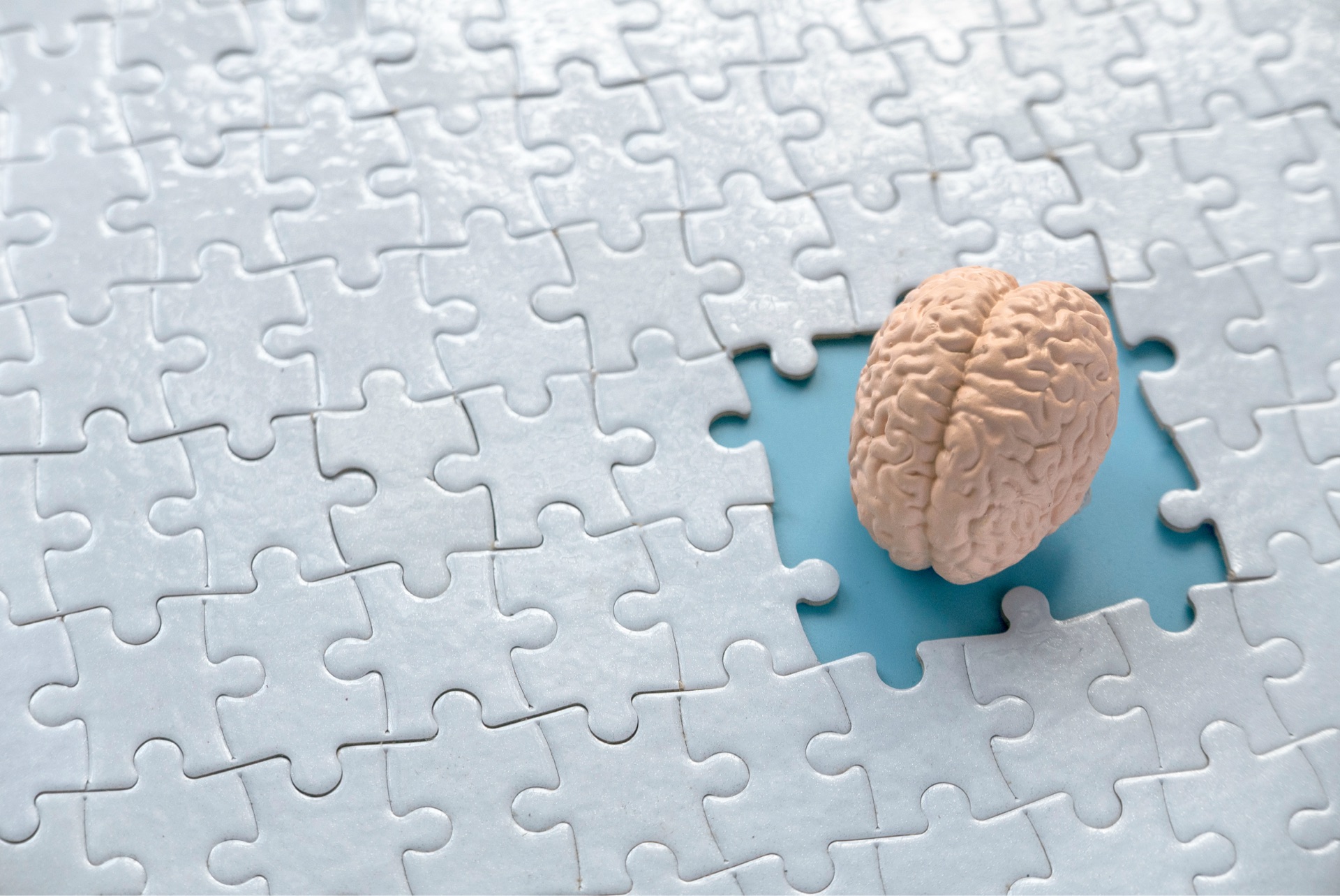Our brains are truly remarkable organs. They allow us to learn, remember, create, and experience the world around us in all its rich complexity. But what’s even more amazing is that our brains are not static; they are constantly changing and growing throughout our lives. This ability of the brain to adapt and change is known as neuroplasticity.
How Neuroplasticity Works
Neuroplasticity is based on the idea that our brains are made up of billions of tiny nerve cells, or neurons. These neurons are connected to each other by trillions of synapses, which are the communication pathways that allow neurons to transmit signals to each other. When we learn something new, the connections between our neurons change and strengthen. This process is called synaptic plasticity.
Over time, as we repeat and practice new skills or knowledge, these synaptic connections become even stronger, forming permanent neural pathways. This is why we can remember things that we learned long ago, even if we haven’t used that information in a while.
The Benefits of Neuroplasticity
Neuroplasticity is not just about learning and memory; it is also essential for many other cognitive functions, such as:
- Attention
- Problem-solving
- Language
- Decision-making
- Creativity
In fact, neuroplasticity plays a critical role in our ability to recover from brain injuries, such as stroke or trauma.
How to Enhance Neuroplasticity
The good news is that we can all take steps to enhance our neuroplasticity and keep our brains healthy and strong throughout our lives. Here are a few tips:
- Learn new things: Challenge your brain by learning new skills, hobbies, or languages.
- Stay active: Exercise regularly, both physically and mentally.
- Get enough sleep: Sleep is essential for memory consolidation and brain repair.
- Eat a healthy diet: A healthy diet provides your brain with the nutrients it needs to function properly.
- Manage stress: Chronic stress can damage brain cells and impair neuroplasticity.
Neuroplasticity and Memory
Neuroplasticity is especially important for memory. When we learn something new, our brains create new neural pathways to store that information. The more we use and practice those pathways, the stronger they become and the better we will remember the information.
This is why learning new things is one of the best ways to improve your memory. It challenges your brain to create new connections, and it helps to keep your mind active and engaged.
Conclusion
Neuroplasticity is an amazing gift that allows our brains to learn, grow, and adapt throughout our lives. By understanding how neuroplasticity works and taking steps to enhance it, we can keep our minds sharp and healthy for years to come.

Download our app right now (it’s free) and unlock the world of knowledge at your fingertips.
How Short Breaks Can Refresh Your Mind and Improve Focus
Jul
Update for Leitner Box App: Version 1.1.9 is Here!
Jul
Finding motivation for learning
Jun
Brain Power Up: How Daily Habits Boost Memory and Keep You Sharp
Jun
Never Too Late to Learn. Unleash Your Brain’s Remarkable Flexibility with Neuroplasticity
Jun
Exciting Updates 1.1.8 to Enhance Your Learning Experience!
May